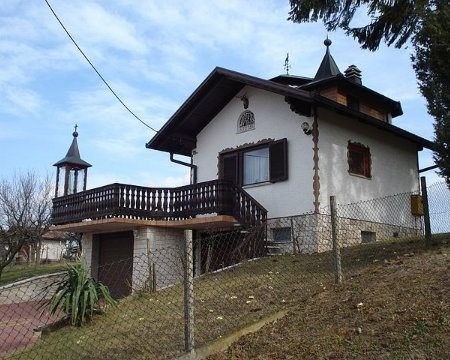Croatia Might Have To Give Up Its Wine To Join EU
Croatia was all set to join the European Union on July 1, but some winemakers say the EU has taken some of the shine off the celebration by saying the country will have to give up some of its wine when it joins.
The EU says that Croatia's Prosek, a sweet dessert wine made from dried grapes, is too similar to Italy's prosecco. Italy was in the EU first, so Croatia will have to find something else to call its wine. Some Croatians were pretty annoyed by the ruling, saying the names aren't that similar and the wines are completely different products. Prosek is sweet, not bubbly, and would be difficult to confuse with Italy's sparkling wine.
Prosek also claims a centuries-old tradition, while prosecco only dates to the latter half of the 20th century, according to the Associated Press.
"Prosek is an established brand that has been produced in these areas for more than two thousand years," said Croatian winemaker Andro Tomic. "Prosek was made here long before the current Italian state started to exist."
Some Croatian winemakers were looking forward to joining the EU in the hopes that it would build a larger audience for Croatian wines, and think the EU's ruling will damage the country's tradition and market. And it's not just Italy that has a problem with Croatia's wine. Slovenia joined the complaint and said Croatia should not be able to produce teran, a well-known wine made from the teran or terrano grape in Italy, Slovenia, and Croatia. Slovenia joined the EU in 2004.
"This is an unfair process which will bring no benefits to either of the countries," said Ivica Matosevic, another Croatian winemaker. "Teran exists in Italy as well, but Slovenes are not making such a fuss about it."
The EU ruled that the name belonged to Slovenia, but Croatia maintains that teran is a generic grape variety and cannot be protected that way.
"We are all caught by surprise," Matosevic said. "I think politics are mixing with wine."
The EU said an agreement regarding teran might be possible, but it would depend on Slovenia's government.
